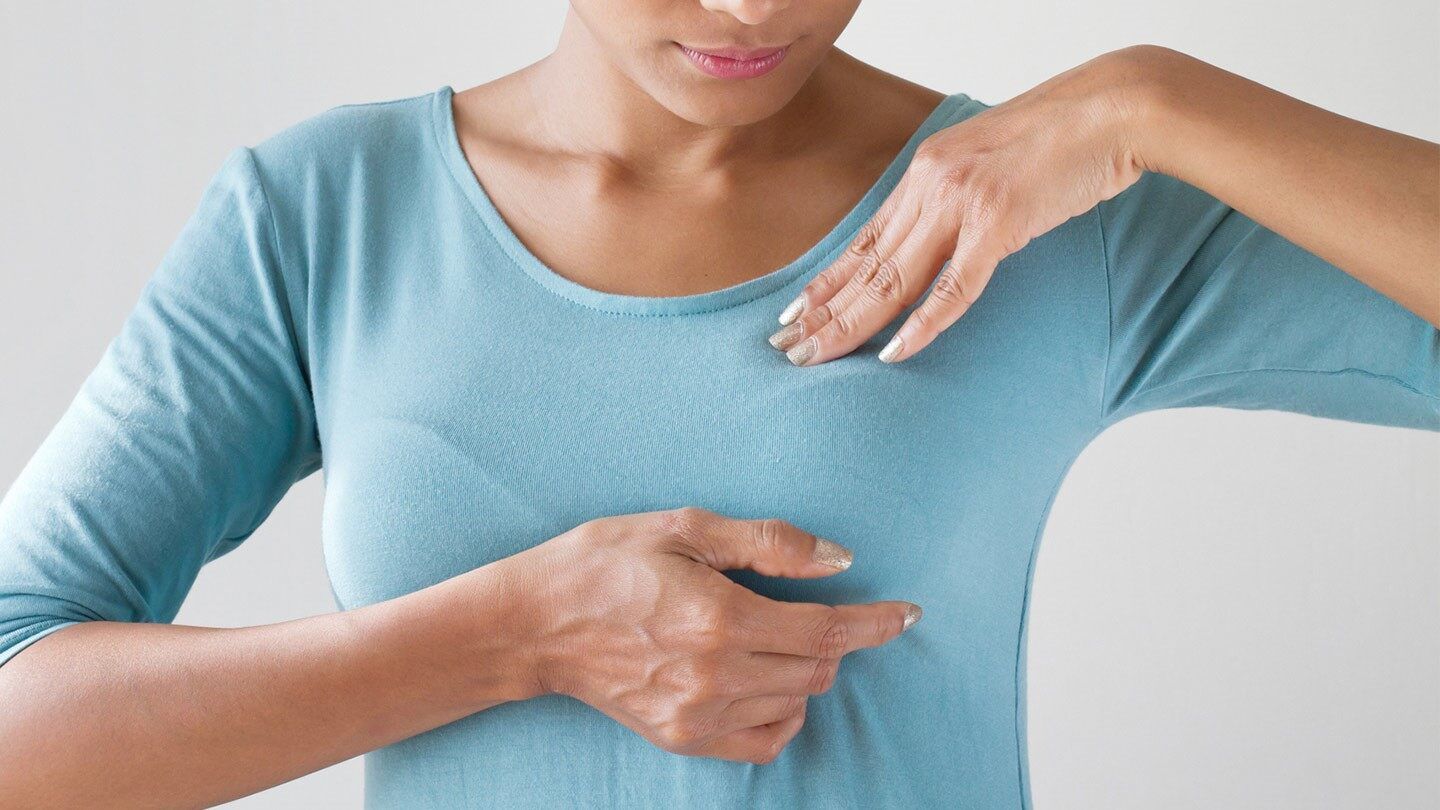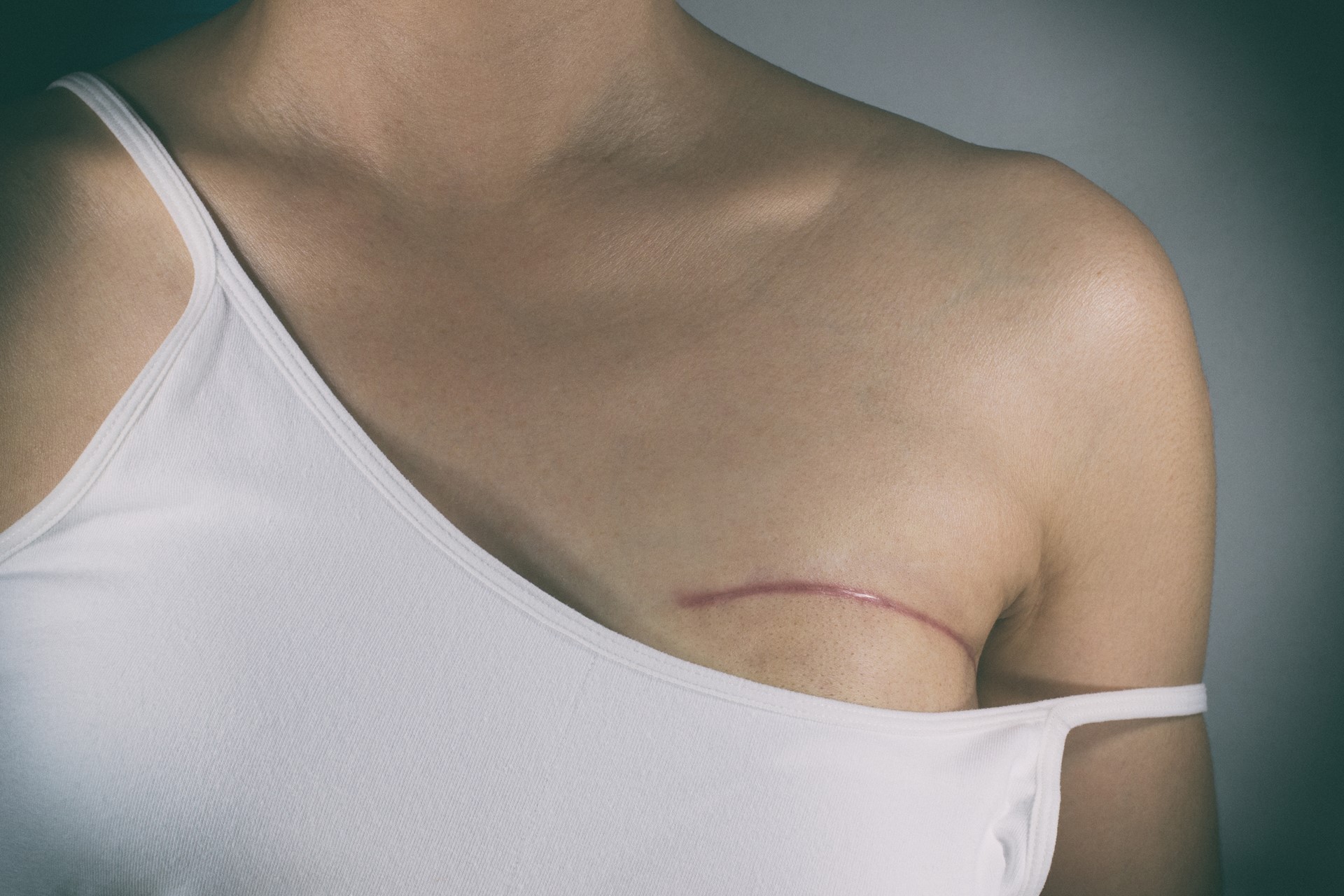Calls for Ukraine
Calls for Europe
Calls for USA

Breast cancer is one of the most common malignant diseases among women. According to the WHO, 2.3 million new cases of breast cancer are diagnosed every year worldwide. Breast cancer is also one of the leading causes of death from cancer. According to statistics, about 658,000 women die every year from this dangerous disease.
Awareness about breast cancer allows people to recognize the disease at an early stage and start treatment in a timely manner. This greatly increases the chances of a favorable prognosis. The MedTour platform has collected answers to the most common questions about breast cancer for you.
The reasons for the development of malignant tumors of the breast are not exactly clear. For unknown reasons, one cell of breast tissue begins to divide uncontrollably, reproducing similar abnormal cells. Thus, a tumor is formed. Scientists have identified risk factors that may increase the likelihood of developing breast cancer. These include the following:
The presence of risk factors does not necessarily mean that a woman will develop cancer. However, patients who are at risk need to more closely monitor the health of the mammary glands.

The World Health Organization recommends that women who are not at risk of developing breast cancer begin screening between the ages of 50 and 74. They should have a mammogram every 2 years. For women at higher risk of developing cancer, doctors develop a personalized screening program. The frequency of screenings and the type of examinations are determined on an individual basis, taking into account specific risk factors, age, general health and the presence of comorbidities.
The most common sign of breast cancer is a new growth. Most often, it is a painless, hard lump with jagged edges that does not move when palpated. Other possible symptoms of breast cancer are:
When breast cancer spreads to the underarm lymph nodes, they may swell and become painful. Any abnormalities in the condition of the breast should be reported to the attending physician immediately.
Early detection of cancer is critical to successful treatment and improved prognosis. There are three methods that allow timely detection of a malignant tumor:
The combination of self-examination, preventive examinations and screening mammography ensures timely detection of breast cancer and increases the chances of a successful cure.
The risk of developing breast cancer increases with age. Most often it is diagnosed in women after 40 years, however, it can also occur at a younger age. Doctors detect about 80% of new cases of breast cancer in women aged 50 and older. That is why experts recommend preventive mammography from this age.

Pain in breast cancer varies from patient to patient and depends on a number of factors, such as the shape, stage, and location of the tumor. Women may experience pain and discomfort in the following areas of the body:
It is important to note that breast pain is not always associated with breast cancer. Many other conditions and diseases, such as fibrocystic breast changes, cysts, inflammation, and benign tumors, can also cause pain. To determine the exact cause of discomfort, you must consult a doctor and undergo a diagnostic examination. To find the best specialist in the diagnosis and treatment of breast cancer, call or email us. The coordinating doctor will select a doctor and clinic free of charge, taking into account your personal needs.
In most cases, breast augmentation with implants is not a direct cause of breast cancer. However, according to a study, the use of macrotextured implants (with a rough texture) slightly increases the risk of anaplastic large cell lymphoma, a rare type of cancer that develops from the cells of the lymphatic system.
No, a blood test is not enough to diagnose breast cancer. However, certain types of blood tests are used to monitor cancer after diagnosis. Thus, tests for tumor markers are used to track the dynamics of advanced breast cancer and evaluate the success of the treatment used.

The operation to remove the breast is called a mastectomy. It can be done in the following cases:
The decision to remove the breast is made by the doctor after a detailed assessment of the therapeutic benefit, taking into account the type and stage of cancer, age, health status, as well as the individual characteristics and preferences of the patient.
Survival prognosis for breast cancer depends on several factors, including the cancer stage, the tumor type, genetic factors, the patient’s age, general health, and the availability of effective treatment.
The overall five-year survival rate for breast cancer is relatively high. In developed countries, it is about 95% for early-stage breast cancer (stages I and II). This means that about 95% of women who are diagnosed with early breast cancer live five years or longer after diagnosis.
However, the prognosis may vary depending on the stage of the cancer. In later stages (III and IV), when the tumor spreads to neighboring tissues or to other organs, it is less favorable. In these cases, the five-year survival rate is lower, but still can vary significantly depending on the individual characteristics and the characteristics of the treatment of each patient.
It is important to note that these are general statistics and each case of breast cancer is unique. The prognosis of survival should be assessed by the physician individually, taking into account all relevant facts. Early diagnosis and access to effective treatment play an important role in improving the chances of survival in breast cancer.
The MedTour company cooperates with the best medical centers specializing in the treatment of breast cancer around the world. Our medical coordinator will select a clinic for you free of charge that meets your needs and possibilities. To get advice, call the phone numbers listed on the site, or fill out the feedback form.
The MedTour platform contains information about the best doctors who diagnose and treat malignant tumors of the mammary glands. The medical coordinator of MedTour will select an available specialist based on your personal needs and wishes.
Please rate the work of MedTour
